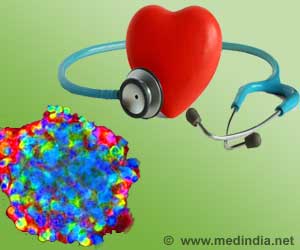
Human pluripotent stem cells are cultured in several different ways, with key variables being the surfaces upon which the cells are cultured, called the substrate, and the methods used to transfer cells from one culture dish into another as they grow, called the passage method.
During the study, researchers compared stem cells grown on two substrates (with and without feeder cells) and passaged using manual and enzymatic methods. They found that the use of enzymes to passage the stem cells was strongly associated with increased genetic instability. Laurent said, "Some of the mutations observed in the stem cells were previously known, but others were seen for the first time, including deletion of a region of the genome that includes the gene P53, which is frequently deleted in cancer cells. I think these results call into question the use of enzymatic passaging, at least with enzymes that separate the cultures into single cells, for clinical use. However, we don't want to imply that any culture method is absolutely safe. Any new culture method should be evaluated for its impact on genetic stability, and every batch of cells destined for the clinic should be tested using sensitive high-resolution methods for detecting genetic alterations. The processes used to maintain and expand stem cell cultures for cell replacement therapies need to be improved, and the resulting cells must be carefully tested before use."
Another co-corresponding author Jeanne F. Loring said, "This study shows the importance of quality control. It's almost certain these cells are safe, but we want to make sure they are free from any abnormalities."
The study appears online in the journal 'PLOS ONE'.
Source-Medindia














